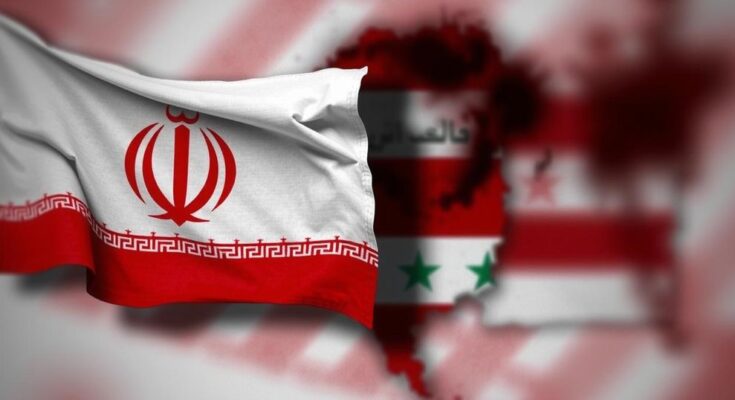Iran is withdrawing its military and diplomatic personnel from Syria, marking a significant shift in its support for Bashar al-Assad amidst advancing rebel forces. This withdrawal could reshape the balance of power in the region, weakening Iranian influence and enhancing the position of its regional adversaries.
Recent developments indicate a significant shift in the dynamics of the Middle East, particularly concerning the relationship between Iran and Syria. For more than forty years, Iran has heavily supported Bashar al-Assad’s regime, providing military and financial assistance to help stabilize his rule amidst civil unrest. However, as rebel forces gain ground and threaten Damascus, Iran’s commitment seems to wane; the country is reportedly evacuating its military and diplomatic personnel from Syria. This unexpected departure raises questions about Iran’s long-term strategy and influence in the region, further complicating an already volatile situation.
This shift in allegiance marks an unprecedented moment in Iranian-Syrian relations. Iran established a strong foothold in Syria by building military infrastructure aimed at supporting allied militant groups across the Middle East. Consequently, the loss of this partnership could weaken the so-called “axis of resistance,” which includes various factions in Lebanon, Iraq, and Yemen. Historically, Syria has served as a crucial conduit for Iranian operations, making its retreat a significant setback for Iran’s regional ambitions.
The relationship between Iran and Syria has been foundational for both countries over the past four decades, particularly in the context of regional geopolitics. Iran’s involvement in Syria intensified after the onset of the Syrian Civil War, as it sought to preserve the Assad regime against insurgent forces. This backing included substantial military support, the establishment of bases, and the facilitation of weapons transfers to other groups aligned with Iranian interests. Given the strategic nature of this partnership, any sign of Iranian withdrawal poses serious implications for the broader regional balance of power, especially regarding Iranian influence over militant allies and rivals in the Arab world.
The impending exit from Syria reflects a dramatic shift in Iran’s foreign policy and its historical support for the Assad regime. As Iran begins to withdraw its military and diplomatic presence, the ramifications for the region could be profound. Not only does this indicate a potential decline in Iranian influence, but it could also empower adversarial factions such as Israel and moderate Arab states. In essence, the collapse of this long-standing partnership may redefine alliances and tensions throughout the Middle East for years to come.
Original Source: www.nytimes.com




